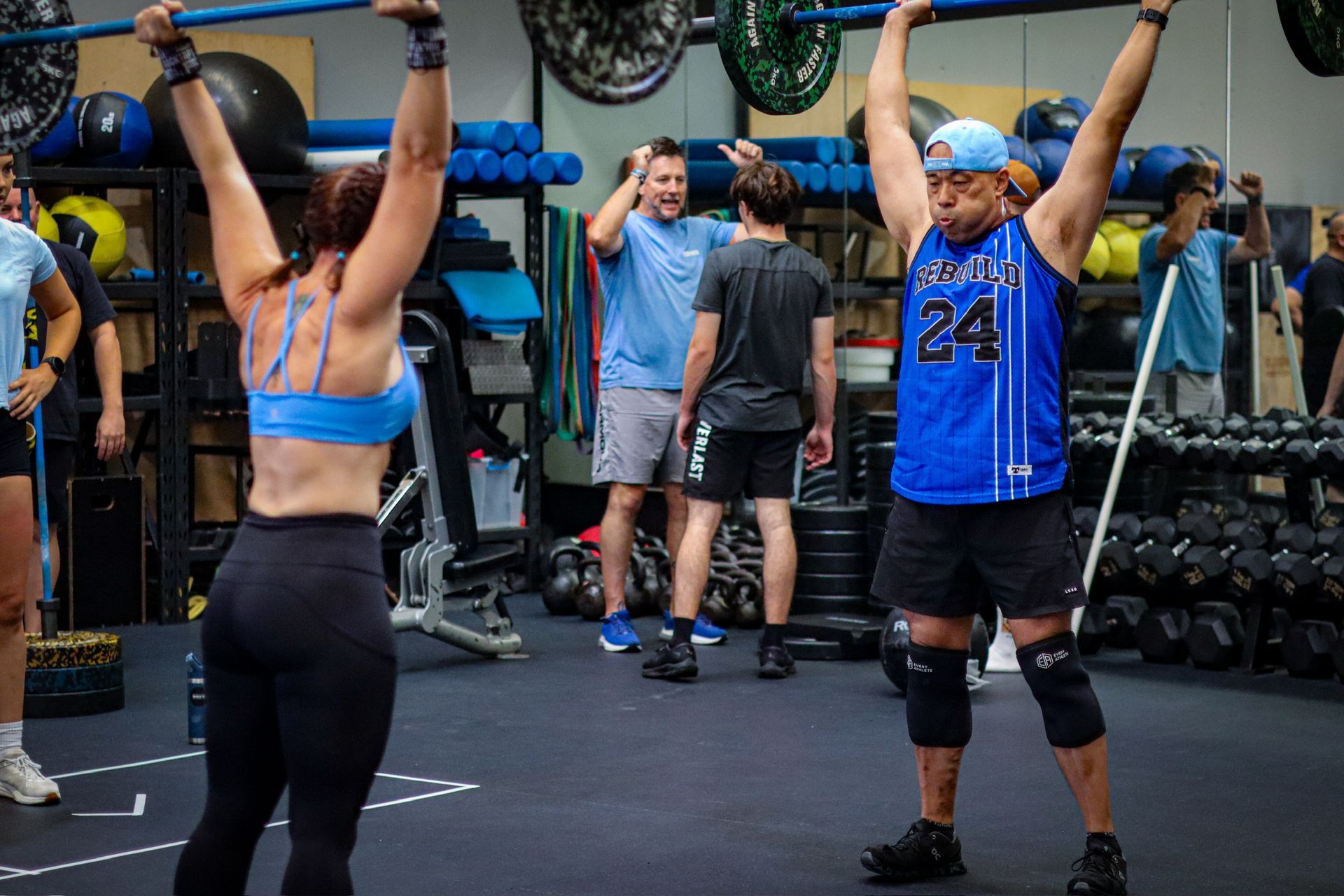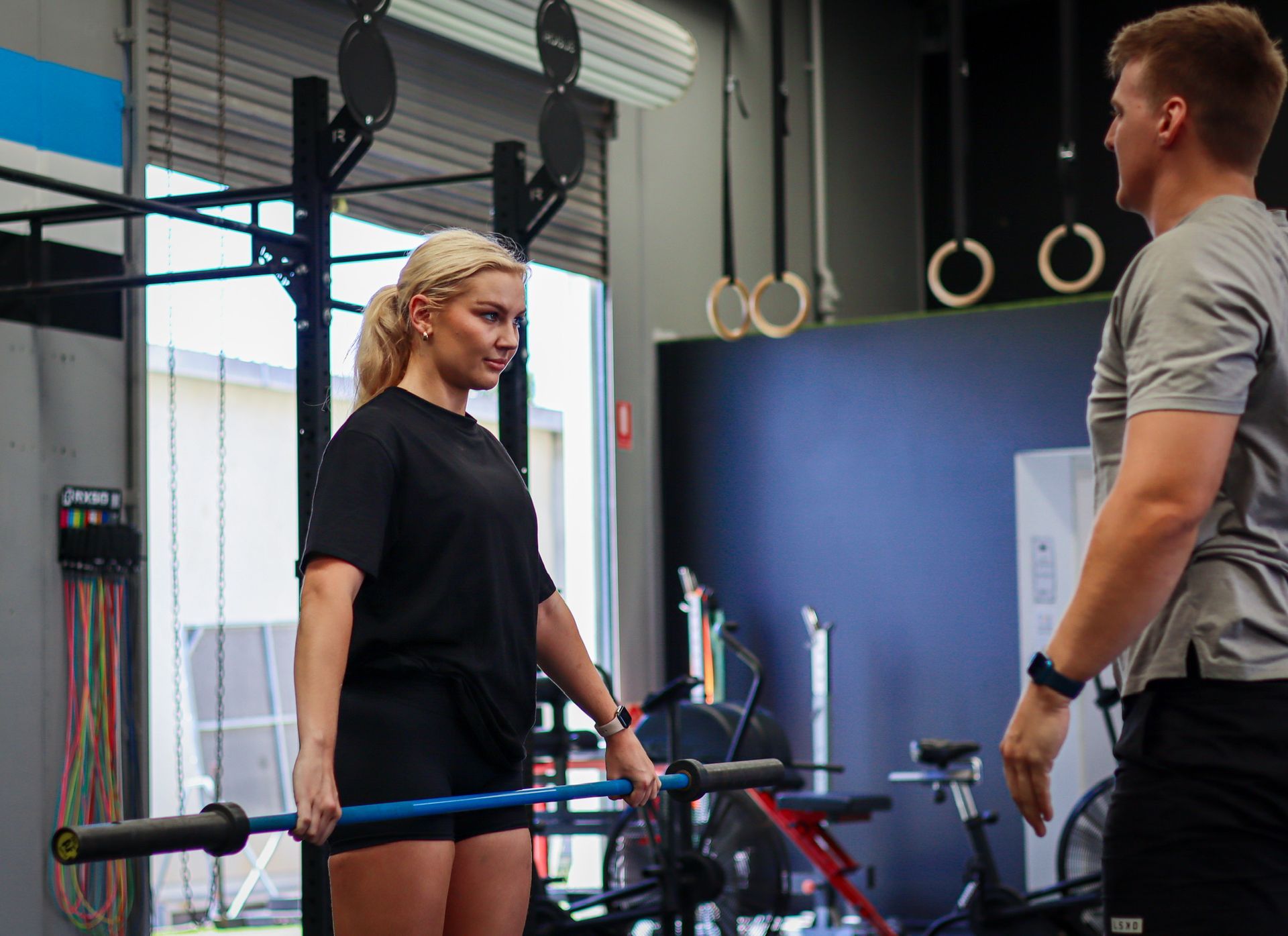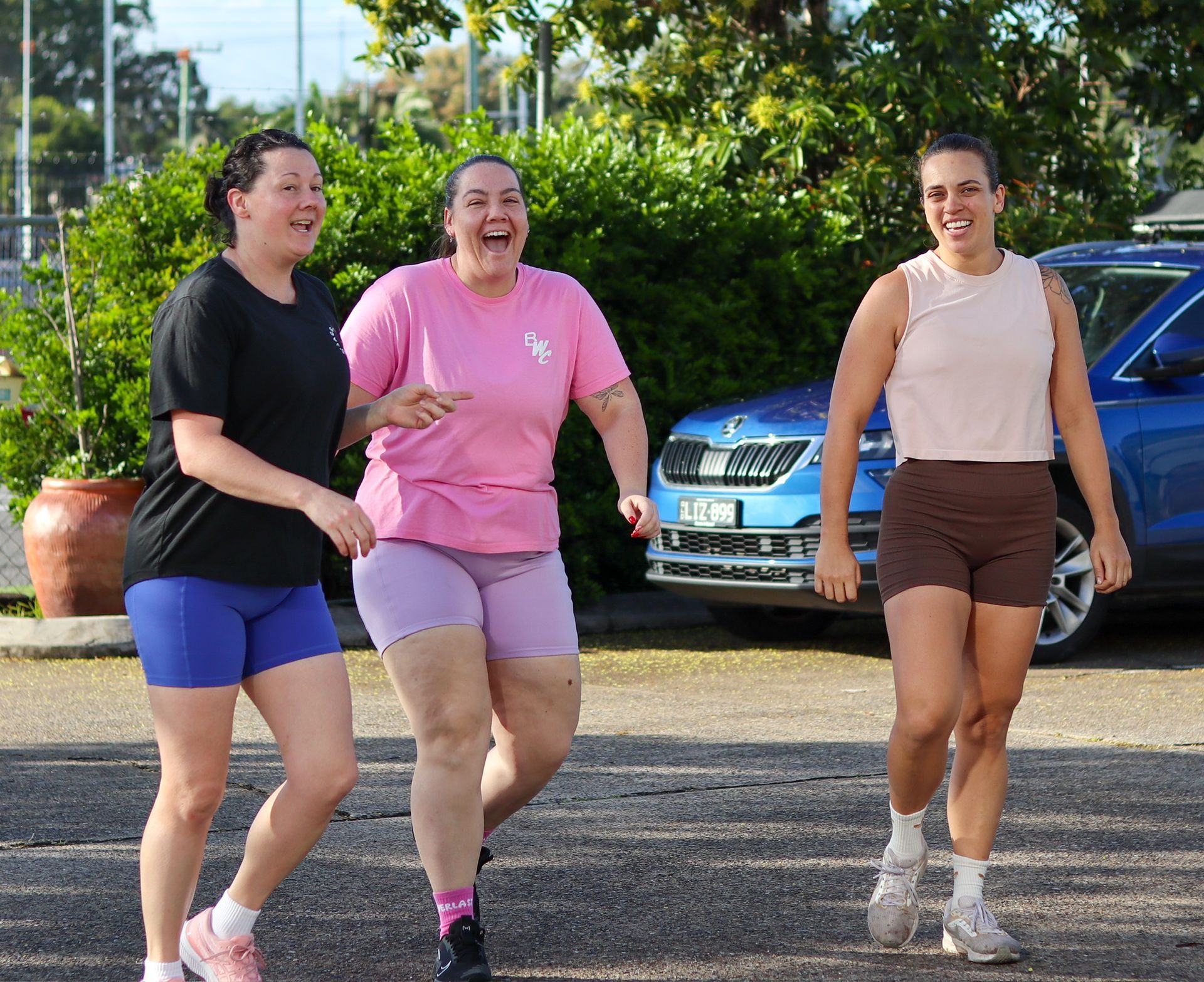Self-Talk Matters: How Your Inner Dialogue Can Hijack You
How you speak to yourself, and your mindset can dramatically affect your training and health goals.Too often, we get caught up in the troubles of our training day, relative to others. We lose sight of how magnificent we are in our own right.You may have a sketchy or crunchy knee, or a back that doesn’t agree with conventional deadlifts, or zero rotational capacity in your hip joint, or a ‘fluid’ elbow issue, or have been born with a lazy pancreas, or have no idea how to breathe while push-jerking, or a funky heart that stopped on you one time, or a power clean that looks like a flailing salmon – but you are fitter than the version of yourself who isn’t training today.When you come to the gym, you spend time in a place full of special, fit, positive, welcoming people: It can be easy to feel unfit compared to the people around us in a place like Rebuild Health & Fitness, Wynnum West.But you must pay respect to your capacity: Your actual fitness, your ability to survive the trials of your day, week and life.Appreciate what you CAN do, rather than fixate on what your elbow/knee/back refuses to allow you to do today.Your beliefs about your level of fitness are unbelievably important.??An article by Zahrt and Crum demonstrated that your health beliefs predicted your health outcomes more accurately than your health behaviour. ??They showed that those who felt they were less fit than those around them, even if they were wrong, had much higher risk of early mortality (death). ??They showed that those who felt they were more fit than those around them, even if they were wrong, had a much lower risk of early mortality.Self-criticism and negative self-talk can also turn you into a miserable, stressed out person who walks into walls, makes poor decisions around food, training, work and relationships.You will never get any leaner or fitter from beating yourself up mentally.But here are two pieces of good news: Self-talk is a habit and habits can change.Our brains are highly plastic, which means that all we have to do is establish some new brain pathways.Self-talk can work both ways. Negative self-talk has negative effects. Positive self-talk has positive effects.Why not make your brain work for you instead of against you?Start noticing and naming any negative thoughts and self-talk you have.Stuff like: - This is hard. - I should quit. - I’m never going to succeed. - I don’t know why I thought I could do this. - I’m such a screw-up. I might as well just forget it. - I had a piece of chocolate, I've ruined everything.Acknowledge that you are having these thoughts and replace them when they come up. Rephrase them, allow yourself to be compassionate – you’d rarely speak to someone else the way you speak to yourself. When you have one of these thoughts, acknowledge that it's there, it's unhelpful and move on. Reframe the thought, remind yourself why you're doing what you're doing, and practice gratitude. Stuff like:- This is hard - but I am here.- When I do this, I feel great.- Success isn't instant - I am making progress.- I enjoy this.- Everyone started somewhere.- I had a piece of chocolate, so I'll account for that in my tracking.How you think and speak to yourself will have a big impact on your goals and training. Don't let it hijack you, let it motivate you.
Previous Blogs




